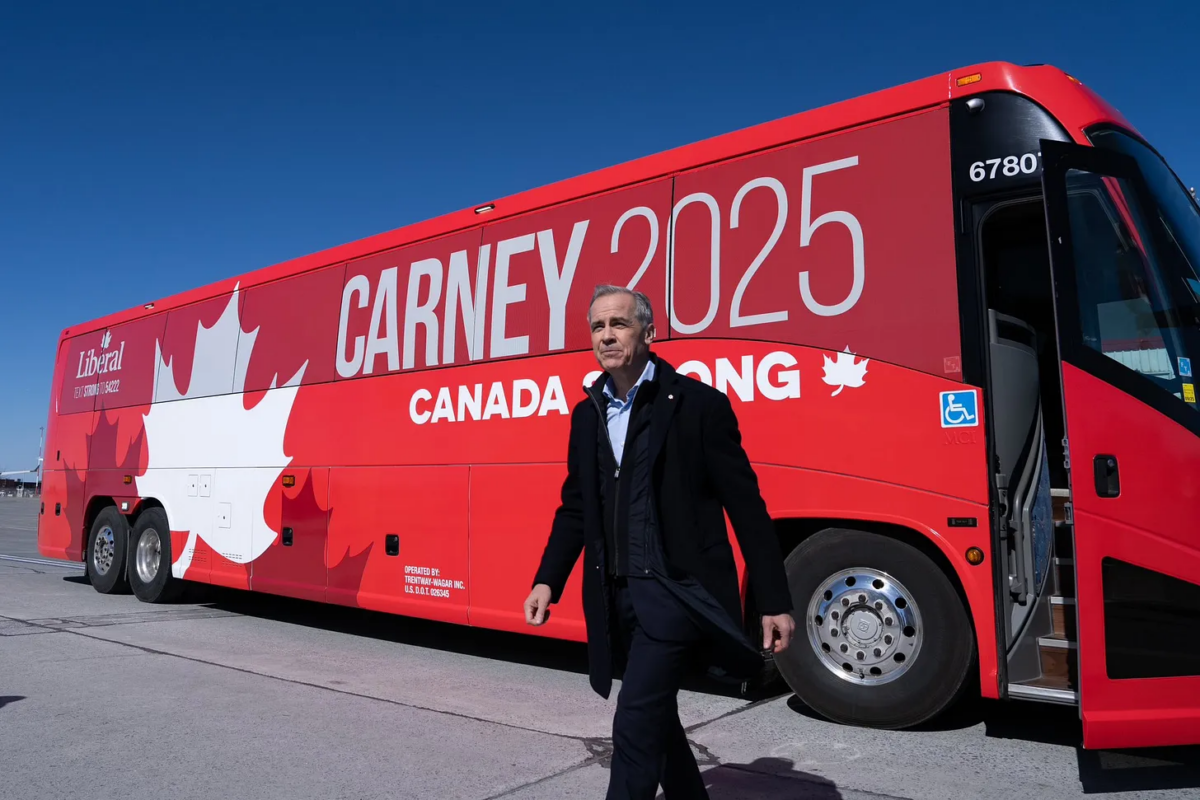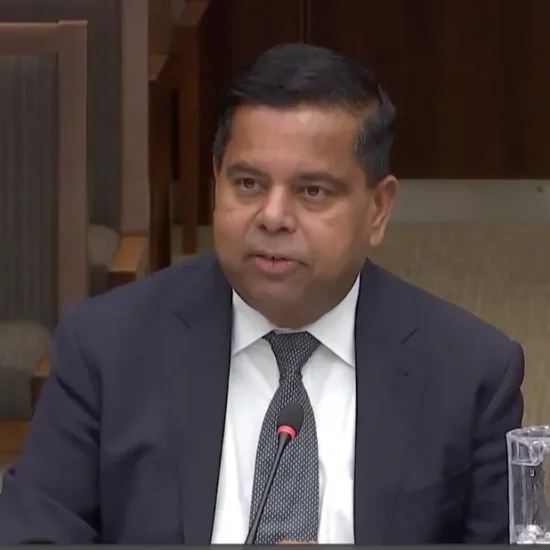
Bob Mackin
Two weeks after becoming Liberal Party leader, Prime Minister Mark Carney called a snap election for April 28. The 45th federal election had been scheduled, by law, for Oct. 20.
The dissolution of the prorogued parliament came 54 days after the final report of the Hogue Commission public inquiry, which was triggered by China’s interference in the 2019 and 2021 elections.
When it was announced in September 2023, the commission had a deadline of December 2024 (extended to January 2025) with a view toward new measures to protect the 2025 election. Over the course of the public inquiry, concerns emerged about challenges to Canadian sovereignty from Russia, India, Iran and now the United States.
The 2025 election will go ahead seven months early and without the safeguards recommended in Commissioner Marie-Josee Hogue’s Jan. 28 report. An advocate for government integrity told theBreaker.news podcast that former Brookfield Asset Management chair Carney should have reopened Parliament to turn some of Hogue’s recommendations into law.
“This election is, I think, going to be undermined by foreign interference more than any other election has been,” said Democracy Watch co-founder Duff Conacher.
There is related unfinished business. Namely, the Foreign Influence Transparency and Accountability Act, which mandated the creation of the Foreign Influence Transparency Registry. It received Royal assent in June 2024.
The new law required “entities that enter into an arrangement with a foreign principal to register their arrangements and disclose foreign influence activities in relation to government or political processes in Canada.”
But Justin Trudeau’s Liberal government did not hire a Foreign Influence Transparency Commissioner. So neither the office nor the registry exists.
From the Hogue Commission final report: key, election-related recommendations waiting for legislative and policy action.
Foreign Interference Strategy
Recommendation 8:
The government should make it a priority to develop a whole-of- government Foreign Interference Strategy and provide a public timeline for its completion. This strategy should be integrated into a renewed National Security Strategy.
Communications strategy
Recommendation 9:
Develop a government-wide communications strategy to publicize the measures taken and mechanisms in place to protect our democratic institutions and processes from foreign interference.
Building trust with the public and stakeholders
Recommendation 17:
There should be a single, highly visible and easily accessible point of contact or hotline for reporting foreign interference to the government, which is responsible for engaging the appropriate agency or department. Follow-up with those who seek support should be systematic and ensure that those who make reports fully understand what can and cannot be done in response.
Political parties
Recommendation 26:
The government should prepare a guide about best practices against foreign interference specifically designed for political parties and their processes. This guide could, for example, cover subjects including foreign interference risks involving the use of personal devices, interacting with foreign officials and travel abroad. Political parties in turn should provide this guide, or specific training materials included in it, to their staffs and to all nomination candidates and candidates for office.
The RCMP
Recommendation 36:
All Royal Canadian Mounted Police officers working in affected communities should receive training about foreign interference, including transnational repression.
Recommendation 37:
The government should ensure that the Royal Canadian Mounted Police is adequately resourced to investigate and disrupt foreign interference activities.
Third party political financing
Recommendation 42:
The Canada Elections Act should provide that third parties, other than individuals, who wish to rely on their own funds to finance regulated electoral activities, provide Elections Canada with audited financial statements showing that no more than 10 percent of their revenue in the previous fiscal year came from contributions. All other third parties that are not individuals should be required to incur expenses to support or oppose parties and candidates only from funds received from Canadian citizens and permanent residents.
-
Foreign entities should be prohibited from contributing to a third party for the purpose of conducting regulated activities.
-
The Canada Elections Act should clarify that a third party is prohibited from using property or services provided by a foreign entity for regulated activities.
Editor’s note: Before Liberal Parm Bains upset Conservative incumbent Kenny Chiu in the 2021 election, Bains met in Steveston with United Front activists wearing Chinese Canadians Goto Vote Association (CCGVA) shirts and carrying Bains election signs.
The Office of the Commissioner of Canada Elections investigation did not result in charges, due to the weakness of existing laws. The report said CCGVA may have been acting as an unregistered third party: “We believe the interaction with Parm Bains was coordinated and not coincidental.”
Penalties
Recommendation 43:
The government should increase maximum administrative monetary penalties as well as fines for violations of Canada Elections Act prohibitions applicable to foreign interference.
NEW: Subscribe to theBreaker.news on Substack. Find out how: Click here.











